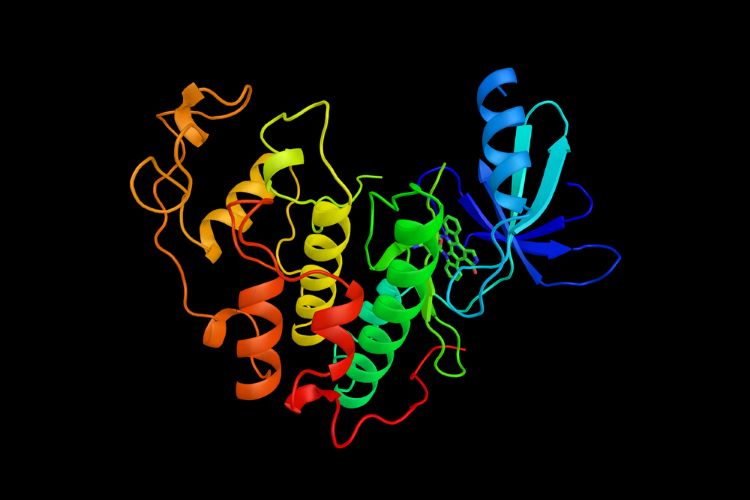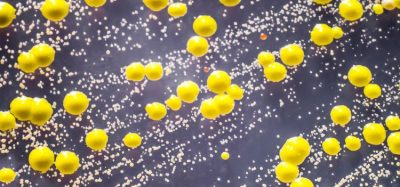Gilead partners to advance novel oral oncology drug
Posted: 27 June 2025 | Catherine Eckford (European Pharmaceutical Review) | No comments yet
The deal between Gilead Sciences and Kymera Therapeutics could lead to development of safer and more effective cancer treatments.


Gilead Sciences, Inc. and Kymera Therapeutics, Inc have agreed to jointly develop and commercialise a novel molecular glue degrader (MGD) programme targeting cyclin-dependent kinase 2 (CDK2) for oncology indications.
The small molecule treatment provides a new mechanism of action. Instead of inhibiting CDK2, which can lead to side effects, the drug removes CDK2 from cells. MGDs offer potential for safer, more precise and effective treatments for cancers that rely on CDK2 activity, Gilead shared.
“MGDs are opening exciting new possibilities in cancer research by offering a way to eliminate disease-driving proteins rather than just blocking them,” commented Dr Flavius Martin, Executive Vice President, Research, Gilead Sciences. Martin added that the company is “delighted to partner with Kymera to advance this novel oral programme”.
“Our highly specific, orally active, CDK2 molecular glue degraders have demonstrated a compelling preclinical profile and have the potential to transform the therapeutic landscape for breast cancer patients and other tumour types with high unmet medical need,” stated Nello Mainolfi, PhD, Founder, President and CEO, Kymera Therapeutics.
Terms of the agreement between Gilead and Kymera
“MGDs are opening exciting new possibilities in cancer research by offering a way to eliminate disease-driving proteins rather than just blocking them”
Kymera will lead research for the CDK2 molecular glue degrader programme. Gilead can obtain global rights to develop, manufacture and commercialise all products, if it exercises its option to exclusively license the programme.
As part of the option and license agreement, Kymera is eligible for up to $750 million. Additionally, Kymera may also receive tiered royalties on net product sales.
The molecular glue market is expected to reach $5.0 billion by 2033. This research also highlighted report findings from by the US Food and Drug Administration (FDA)—nearly 30 percent of new drug applications involve innovative therapeutic mechanisms like molecular glue. This positions this treatment as a relevant option for a diverse range of medical applications.
Related topics
Anti-Cancer Therapeutics, Big Pharma, Biopharmaceuticals, business news, Clinical Development, Drug Development, Drug Manufacturing, Drug Markets, Industry Insight, investment, Manufacturing, Research & Development (R&D), Technology, Therapeutics









